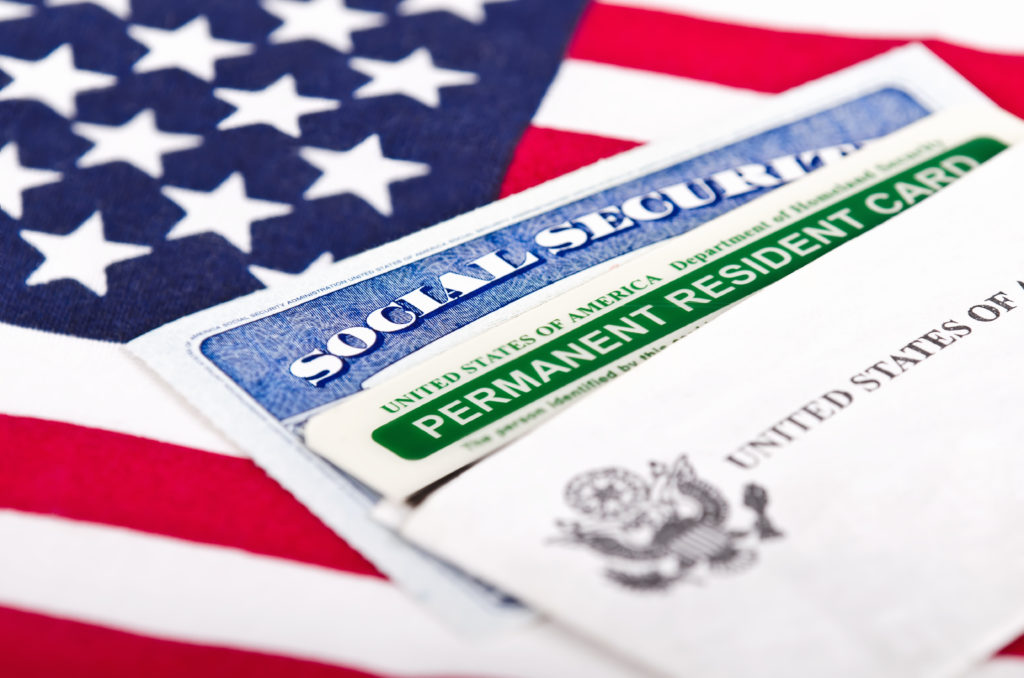
The I-751 form to request that U.S. Citizenship and Immigration Services (USCIS) remove the conditions on their residence for conditional green card holders. Many people opt to file this form on their own without the help of a lawyer. There are usually no issues with doing this. It is, initially at least, a relatively simple form and case to prepare.
Unfortunately, oftentimes the USCIS responds to the I-751 with a Request for Evidence (RFE). This RFE will require you to forward additional documents or information before the USCIS decides on your case. It is usually the last chance a petitioner has to correct any deficiencies in the case before a denial is given.
Here is what you should know if you receive an RFE after filing an I-751.
Understand Exactly What the USCIS is Requesting Through the RFE for Your I-751
Read and reread precisely what the USCIS officer is requesting. Sometimes it is as simple as a request for a birth certificate, but it can also be something more complicated. Be sure you understand any legal concepts or other information on the RFE. If you don’t, get help. Your accurate reply to the RFE can make all the difference in how the USCIS responds to your case.
You should consider seeking the services of an attorney if your current circumstances have changed since the conditional green card was initially granted. For example, you might be going through a divorce or you and your spouse now live separately from one another.
Your One Chance to Respond
Ensure you include all the documents and information requested by the USCIS. You have only one opportunity to respond to the RFE. If you provide a partial response with only some of the information or documents, the UCSIS can make a decision based solely on the incomplete submission. The UCSIS is under no obligation to accept or consider additional documentation or information you send.
Remember that Timing is Critical
Filing a timely response to the RFE is also crucial to your success. When the USCIS sends an RFE to an applicant, the USCIS officer stops working on that case until they receive the applicant’s response. In most cases, the USCIS will give you 87 days to respond to the request; however, in response to COVID-19, the USCIS has given an additional 60 days to respond to an RFE if the date on your RFE letter is between March 1, 2020 and September 11, 2020, inclusive.
This timely response is critical. If you fail to meet the deadline, the USCIS will consider your case with only the documents that you previously submitted. This is almost certain to lead to a denial since they would not have issued the RFE in the first place if the documentation was sufficient for approval.
Unfortunately, we have seen cases where petitioners have been unable to acquire the documents requested in the RFE because of extended closures due to COVID-19. For example, a request for court certified divorce documents may make it difficult to acquire those documents from court within the permitted time frame of the RFE due to extended court closures. Should a situation like this arise, contact an experienced immigration attorney to assist you with your response.
Don’t Panic on the RFE for Your I-751
An RFE does not necessarily mean that your application is going to be denied. On its simplest terms and RFE means that the reviewing officer needs more information to make a decision on your case. Accurately replying to the specific concerns are the key to an ultimate approval. Whether or not you need legal help to complete the RFE response depends on several things: the complexity of your case, the nature of the request, and the time frame you must work within.
If you have questions or concerns about an RFE you have received after filing an I-751, please feel free to contact our offices for a free case evaluation regarding your case. Our experienced immigration attorneys can help.


